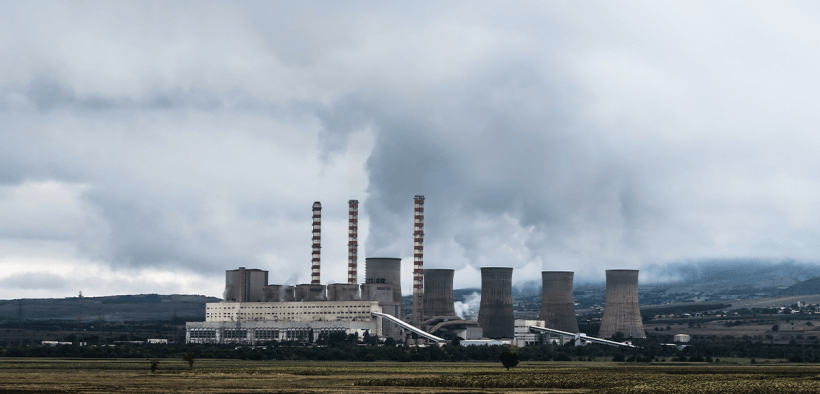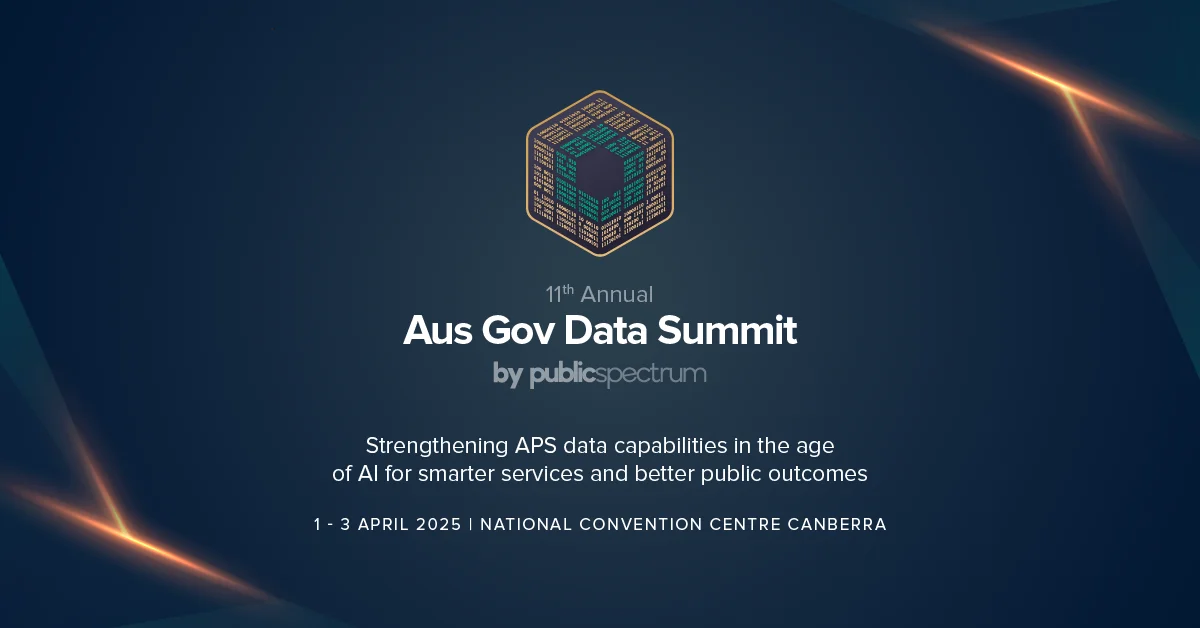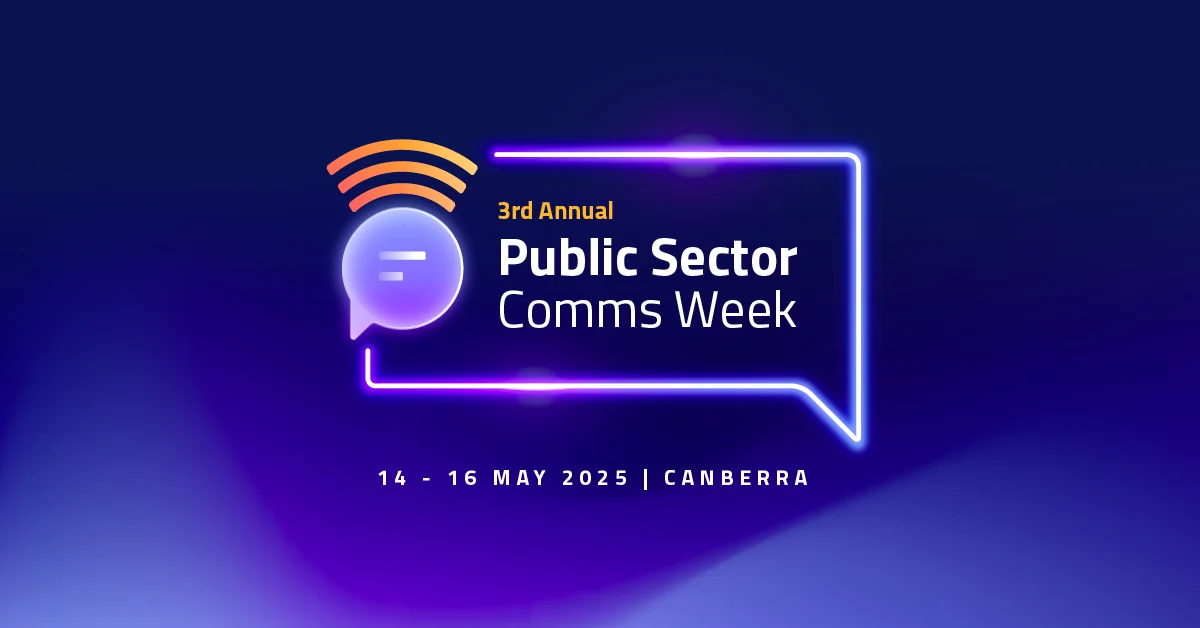AGL Energy rejects takeover bid from tech billionaire
Share

While AGL Energy has rejected a multi-billion takeover offer made by Aussie tech billionaire Mike Cannon-Brookes and investment firm Brookfield, market experts say it’s just a starting bid for the tech mogul and the firm.
AGL Energy confirmed that the consortium’s preliminary and non-binding offer comprising $7.50 per share was received, but rejected it as the offer “materially undervalues the company on a change of control basis and is not in the best interests of AGL Energy shareholders”.
The bidding offer to take over Australia’s most polluting company was made on Saturday, with the intention to fast track its transition away from coal-fired power.
Federal Energy Minister Angus Taylor says energy companies, as providers of an essential service, have a responsibility to put consumers first.
“The key to this is balance,” Minister Taylor said.
“Driving out dispatchable capacity is a significant risk to electricity consumers – both in terms of reliability of the grid and electricity price impacts.”
However, Mr Cannon-Brookes, who made his fortune through software company Atlassian, and Canada-based asset management firm Brookfield understood that the rejection of their offer is just the beginning.
“There’s always a back and forth in these things,” he told ABC Radio in Sydney.
“We’ll continue to work with them (AGL) and continue to talk with shareholders about why we believe our path for the company is a better one.”
Energy market expert Professor Bruce Mountain said the initial offer was just a starting bid and expects Mr Cannon-Brookes and Brookfield to sweeten the offer, purchase the company, and decarbonise the power sector more quickly than federal and state governments have anticipated.
The takeover offer represented a 4.7 per cent premium to the company’s closing share price of $7.16 on Friday when AGL’s market value was about $5 billion.
The AGL board stressed that the company remains committed to its plans to demerge and split it into two listed entities – energy retailer AGL Australia and electricity generator Accel Energy – by June 30 to release value to shareholders and pursue “decisive actions on decarbonisation”.
However, Mr Cannon-Brookes does not think the demerger plan is sensible and believes the Brookfield-led consortium could decarbonise AGL’s business much faster as the purchase of the company and its extra $20 billion in capital would fund AGL’s transition.
Currently, AGL Australia is expected to achieve a 50 per cent reduction in emissions by 2030 and Accel Energy would achieve a 55-60 per cent reduction no later than 2034.
To do that, Accel Energy will have to bring forward the closure of the Loy Yang A power station in Victoria to 2045, from 2048, and to close the Bayswater power station in the NSW Hunter region by 2033, from 2035 previously.
“The company does not have the capital to fund that transition,” Mr Cannon-Brookes said.
With AAP
Eliza is a content producer and editor at Public Spectrum. She is an experienced writer on topics related to the government and to the public, as well as stories that uplift and improve the community.














